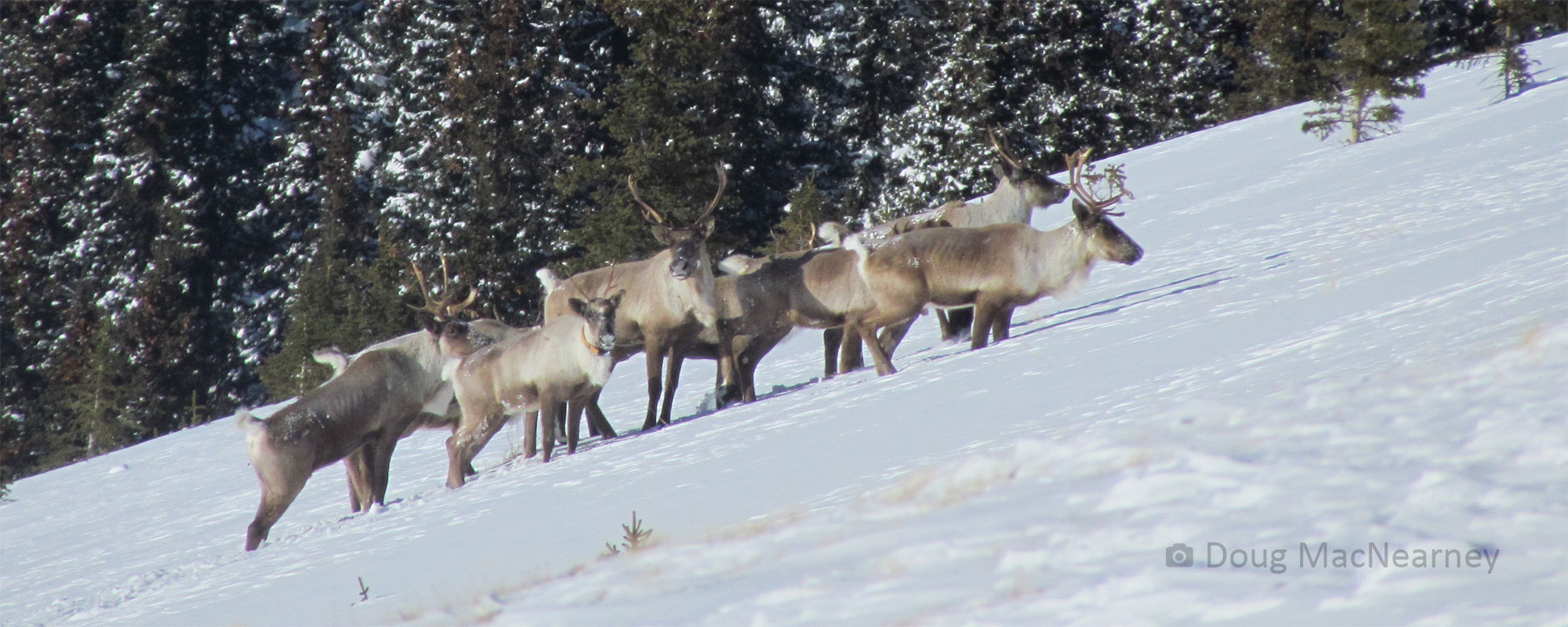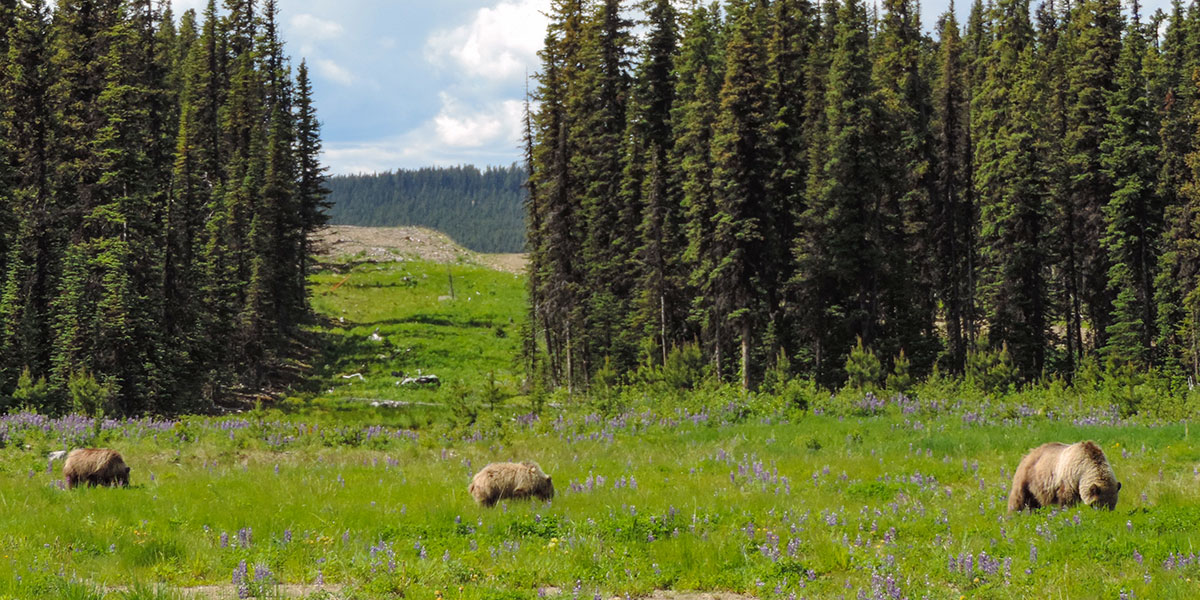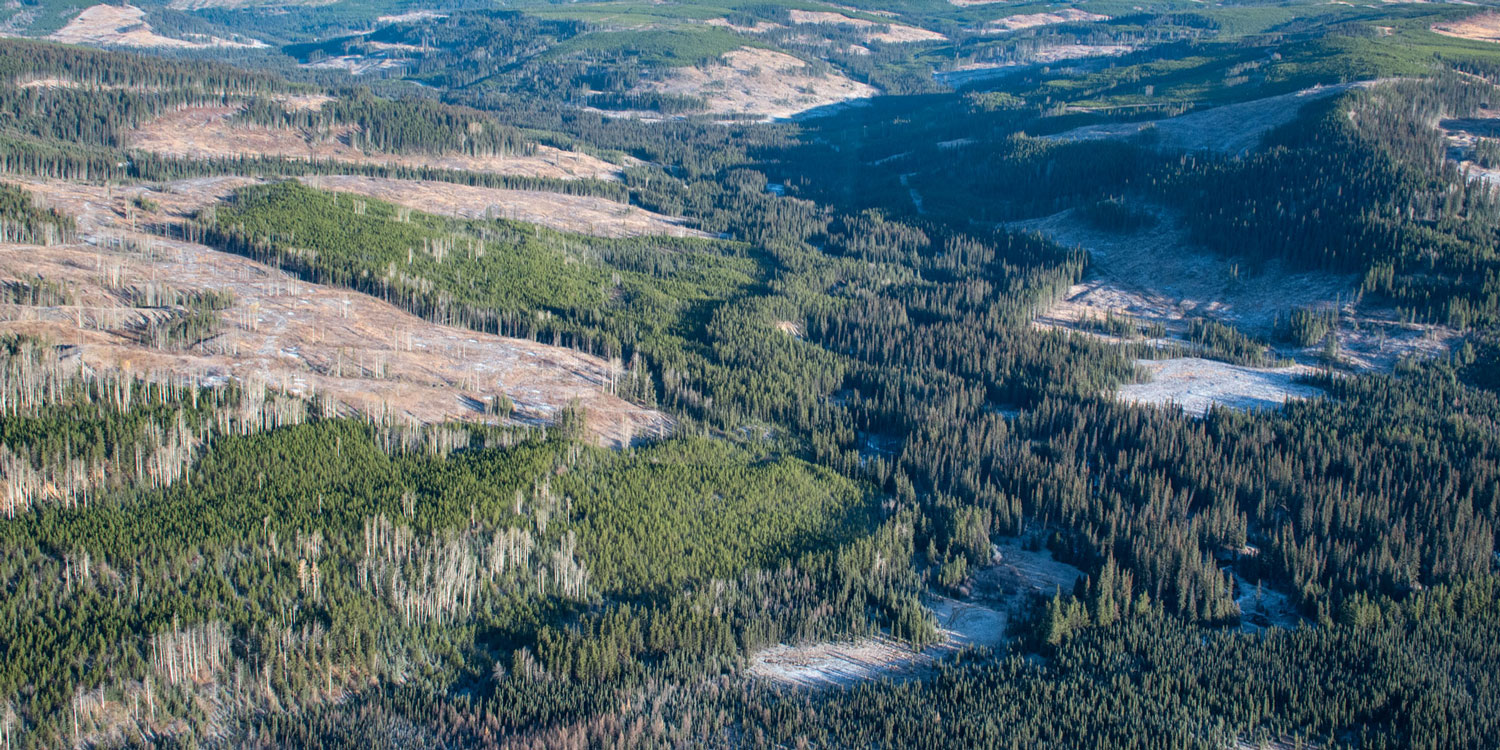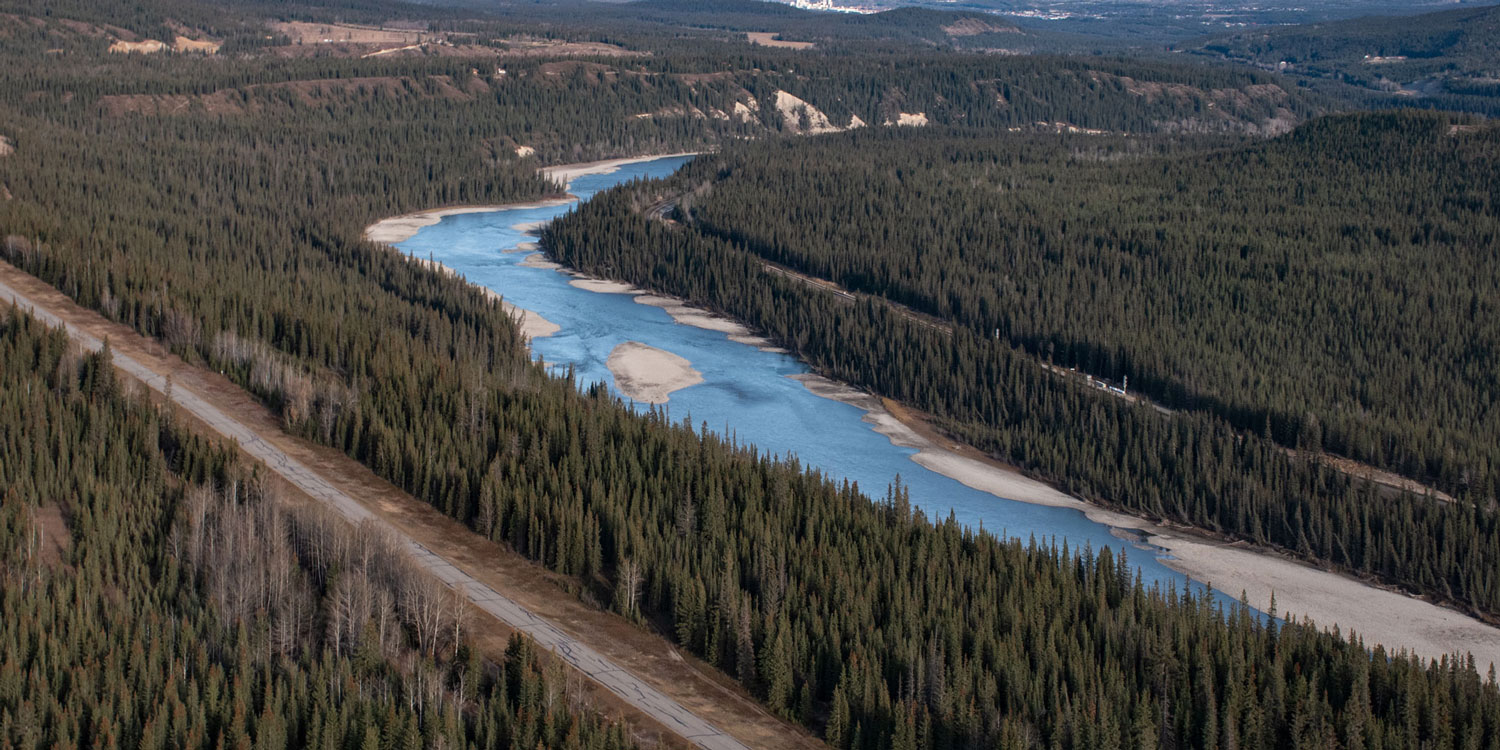The Goals
In the fall of 2015, our partners began expressing interest in new bird conservation research. The fRI Research Board of Directors decided to support a workshop that would gather together academics, government, and industry stakeholders.
The goal was to assess the current state of knowledge and identify related research questions. These questions will be summarized and presented to partners as potential projects, or even a bird conservation research program at fRI Research.
Presentations
On December 8, 2016, 72 attendees filled the Wildrose Room at the University of Alberta. There were representatives from the forest, mining, and energy industries, federal and provincial governments, conservation associations across Canada, and academics from several universities and research institutes.
The day began with an overview of fRI Research and the purpose of the workshop. Then Dr. Samantha Song of the Canadian Wildlife Service presented a summary of migratory bird conservation. Mark Drever, also with the Canadian Wildlife Service, described work to rank bird values of forest stands in the interior of British Columbia. Alberta government representatives Seena Handel and Fauve Blanchard described the Alberta forest songbird conservation initiative.
Dr. Jim Schieck of the Alberta Biodiversity Monitoring Institute, Dr. Nicole Barker of the Boreal Avian Modelling Project, and Dr. Erin Bayne from the University of Alberta gave overviews of their bird research and monitoring work. These were followed by presentations from Cathy Mackay of EDI Environmental Dynamics and Lisa Takats-Priestley of Strix Environmental about efforts to avoid incidental take in the energy and forest sectors. Dr. Darren Sleep of the National Council for Air and Stream Improvement Canada talked about qquestions for migratory bird management on forested landscapes in Alberta. Dr. Julienne Morissette of Ducks Unlimited Canada presented preliminary results on the effects of linear corridors near waterfowl breeding waterbodies.
Knowledge Café
With all those ideas in the air, the attendees broke into six groups from diverse backgrounds to pick out the most important unanswered research questions. Each group distilled their discussions down to a handful of key questions that they saw as the critical knowledge gaps in bird conservation today. There were questions on methodology and technology, policy issues, ecological issues such as habitat, modeling, citizen science, and of course, management.
All the questions were pooled together and everyone distributed three votes each to questions that most interested them. The five most-voted questions were:
- How effective are Beneficial Management Practices at achieving bird conservation at multiple spatial and temporal scales?
- What is the best way to establish population targets?
- What are the key human dimensions that help engage practitioners and the public in bird conservation?
- What is occurring at wintering grounds?
- What influence do management techniques/practices have on population drivers?
Next Steps
The presentations were recorded and will be posted to friresearch.ca pending presenter approval. fRI Research will craft a list of potential projects to fill the knowledge gaps identified in the workshop. The questions and potential projects will be presented to the fRI Research Board of Directors and partners. If there is capacity and interest, fRI Research will consider sponsoring research projects to answer those and other questions. Projects could be delivered through existing initiatives through partnerships or through fRI Research processes.









